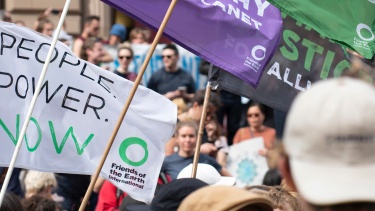Related
21 March 2022
UUKi publications

21 March 2022
UUKi publications
12 November 2021
UUKi blog

12 November 2021
UUKi blog
Stay up to date with our work
Our monthly updates are a great way for you to stay up to date with our work, events, and higher education news.
